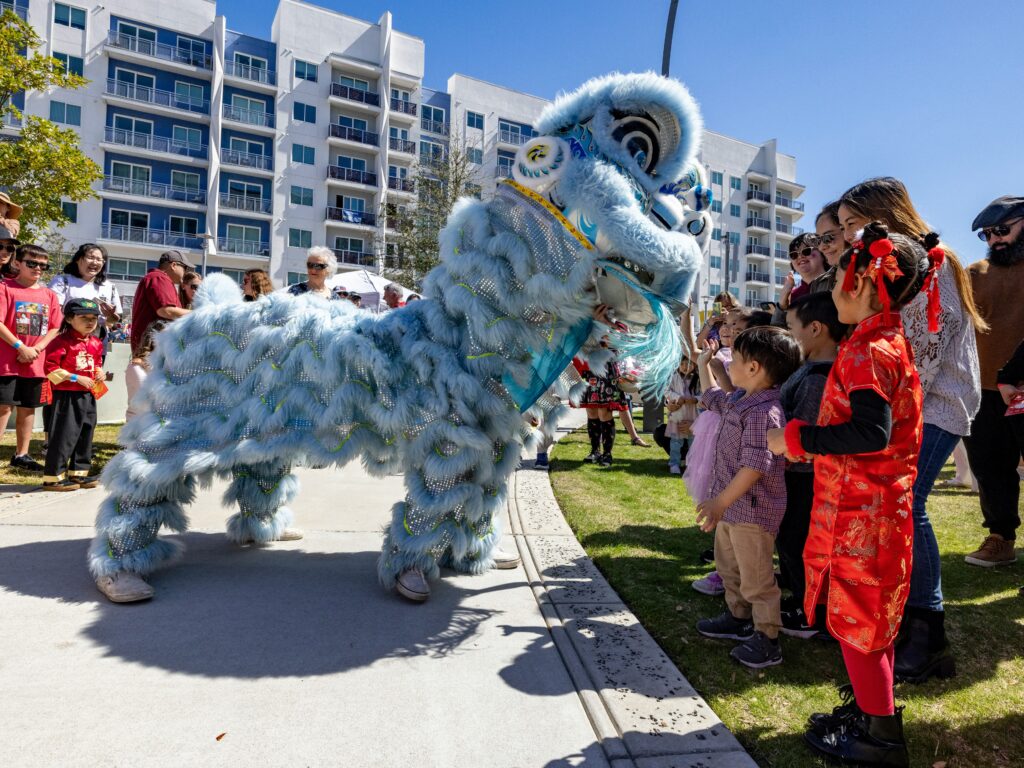Hi fellow parents,
Thank you for reading this post, don't forget to subscribe!Let’s embark on a linguistic adventure together, shall we? Picture this: you’re raising bilingual children, navigating the maze of language acquisition, cultural nuances, and the occasional hilarious mix-up. Whether you’re starting from day one or diving into the multilingual pool a little later, the journey promises laughter, challenges, and a whole lot of heartwarming moments.

Now, imagine you’re a family moving abroad when your little one or ones is/are just a toddler(s), around the age of 2-4. You’re greeted by a flurry of new sounds, sights, and smells. Your child, like a linguistic sponge, absorbs it all. One day, you’re astonished to hear them counting to ten in the local language with more fluency than you could ever muster. Yet, in the midst of this linguistic whirlwind, there are bound to be moments of confusion. Like the time your child innocently asked for “leche” in a café, only to receive a puzzled look because you’re in a country where they say “lait” instead.
What if you find yourself settling into your new home abroad with a child between the ages of 4-8. Language is now a playful dance, with your little one effortlessly switching between tongues like a seasoned polyglot. However, there are still moments of linguistic comedy. Take, for instance, the time your child proudly declared to their new friends that they were going to “el parque,” only to be met with quizzical stares because they forgot to switch to the local word for “park.”
But what if your family decides to make the leap later in your child’s development, say around 10 years old or even older? The challenge may seem daunting, but fear not! Children are remarkably adaptable creatures. While they may initially struggle to grasp the new language, their determination knows no bounds. Picture your child bravely navigating the halls of their new school, armed with a pocket dictionary and a contagious enthusiasm for learning. Sure, there may be moments of frustration, like when they accidentally tell their teacher they have “13 years” instead of saying they’re “13 years old,” but those moments only add to the richness of the experience.
So, fellow parents, whether you’re starting the bilingual journey from infancy or joining in the linguistic fun a little later, embrace the adventure. Laugh at the mix-ups, celebrate the milestones, and revel in the joy of raising multilingual marvels. After all, the world is your playground, and language is the key to unlocking its wonders. And if you need tips on boosting your kids’ resilience, please click here.
To illustrate, let us share the story of our friend Sarah, who moved with her family to France when her son was five. At first, her son struggled to adjust to the new language and culture, but with time, he became fluent in French and even started teaching his parents new words and phrases. Sarah often recounts the hilarious moments when they would misunderstand each other, leading to laughter-filled family dinners and bonding experiences that strengthened their relationship.
We hope it helps.
The Smart Parenting Blog Team

